|
Tefillin need to be square, a dent in one of the corners can make them no longer Kosher. They do not have to be pointy on the corners, however if you, your son or husband have a serious dent like in the picture below, or if you are not sure how severe it is, bring them in right away to be inspected and if necessary fixed.
Sometimes nicks and dents can go undetected, which is one of the reasons why it is important to have Tefillin checked on a yearly basis. If that is not feasible then at least once every 5-7 years. Remember; always handle Tefilin over a table or surface to prevent them from falling to the ground. It is also important to stay away from walls or low ceilings while wearing them.
4 Comments
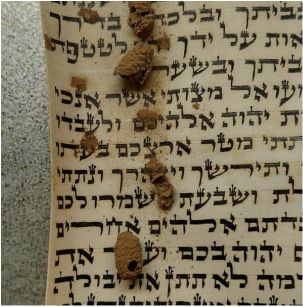 So at first I thought it was dirt. But with a closer look I realized it was light and hollow. I turned one over and found a little hole on one side. Apparently an insect has made this Mezuzah his home. I understand some insects grow in a sort of cocoon and when fully grown make their way out... unfortunately the Mezuzah is no longer kosher whatever was in there has ruined the letters... need I say more? If you don't have or are not sure if you have a properly sealed weather (bug) proof Mezuzah case for all your outdoor Mezuzahs. Call our office today at 845-262-0246! we ship nation wide. Protect your Mezuzahs so they can protect you! 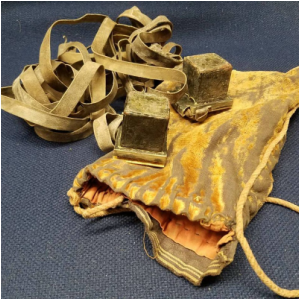 Great Grandfather Tefillin. Someone wanted to gift this to his grandson to use for his upcoming Bar Mitzvah. It is a great family heirloom, but not kosher to wear. The Parchment, straps and boxes are all worn out, faded and cracked and no longer Kosher. You wouldn't give him Great Grandpa's worn out overalls to wear... same applies here. Retzuos start out at 15mm in order that if they begin to tear you will still have some time to get them replaced before they become Possul.
The preferable (Kosher Lechatchilah) width is 11mm according to the Chazon Ish and 10mm according to Rav Chaim Naeh. The minimal (Bedieved) width for making a Brachah is 9mm. If a Retzuah started tearing or if it is missing paint at one spot making the connected or painted Retzuah less than the minimal width it is Possul and must be replaced. From time to time it is important to look over your Retzuos to ensure they are Kosher if you have any doubts be sure to bring them in right away. 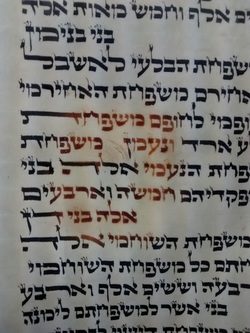 This Sefer Torah was brought to me by one of the local Shuls in Monsey. They discovered this problem when they were reading it on Shabbos. What you see here is corrosion of the ink, this is common with older Sifrei Torah due to the oxidation of the ink . Traditional ink has Kankantom in it, Kankantom is an ingredient that causes corrosion, the Shulchan Arucha actually says that it is an ingredient that should preferably not be used in the making of the ink for Tefillin, Mezuzah and Sefer Torah. and indeed in the times of the Gemorah they did not use Kankantom in the ink. However through Galus the secret to making the ink was lost and today all traditional inks included Kankantom. Lesson: If your Shul has an older Sefer Torah it is advisable to have a Sofer look it over the parshah before every Shabbos to assure all the letters and words are black. |

CASE STUDIES
Check out my YouTube channel for the latest updates Many things can render Tefillin or Mezuzah not Kosher or at best minimally Kosher. Some of these happen over time with aging and some unfortunately are Posul from the get go. Such as, Letters, words and or Tagim that are missing, extra substituted, touching, Broken, Improperly Spaced, misshapen faded, cracked and weather damaged. We document the problems we find and periodically upload them to the website. We hope that this will educate and encourage the public to purchase only Tefillin and Mezuzas that are high quality from a reputable source, to take care of them properly and have them checked regularly. Categories
All
AuthorRabbi Kass was ordained by Rabbi Yisrael Meir Lau, former Ashkenazik Chief Rabbi of Israel. He is certified as a Sofer for both Kesivah and Hagoah by one of the leading experts in Safrus, Rabbi Avrohom Tzvi Vosner, Rav of the Vad Mishmeres Sta”m. Archives
December 2023
|
What our clients say about us: |
To enhance our service quality, we operate on an appointment-only basis.
Please contact us to make an appointment. $12.99 Flat rate shipping! Mezuzahs, Tefillin & Accessories! |
|
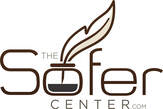
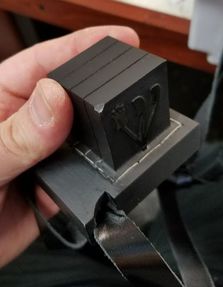
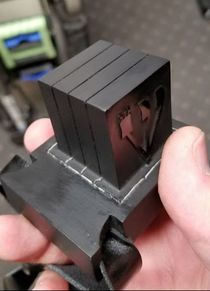
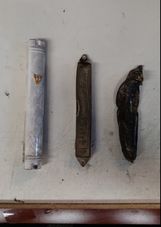
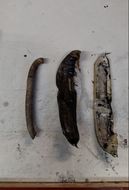
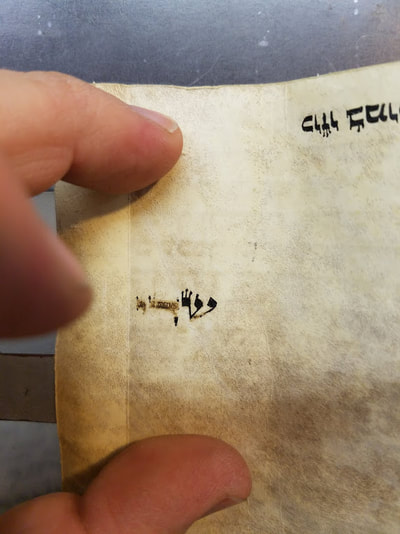
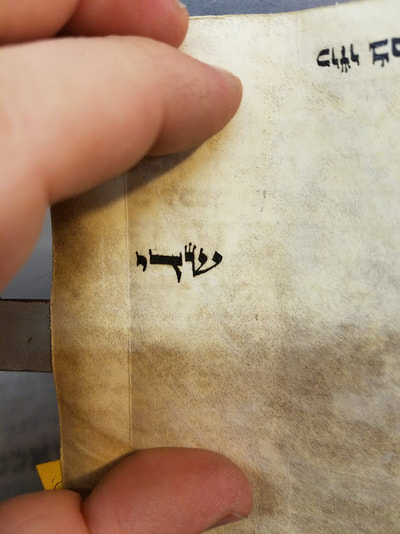
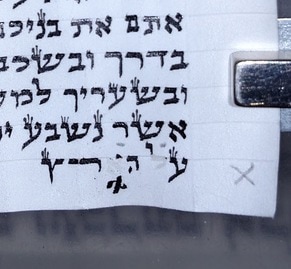
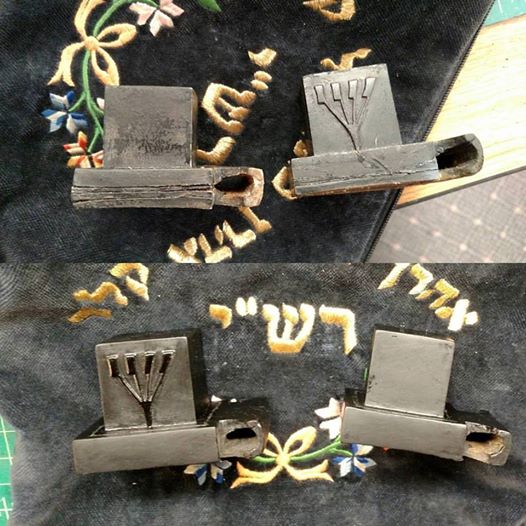
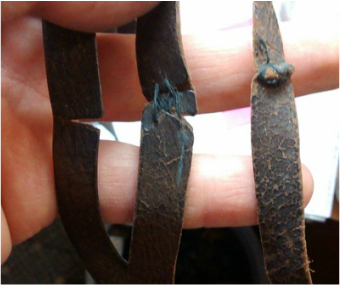
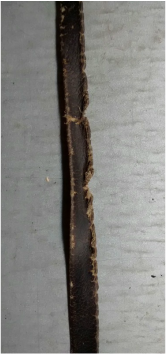
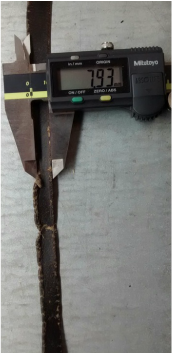
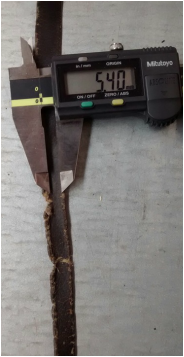
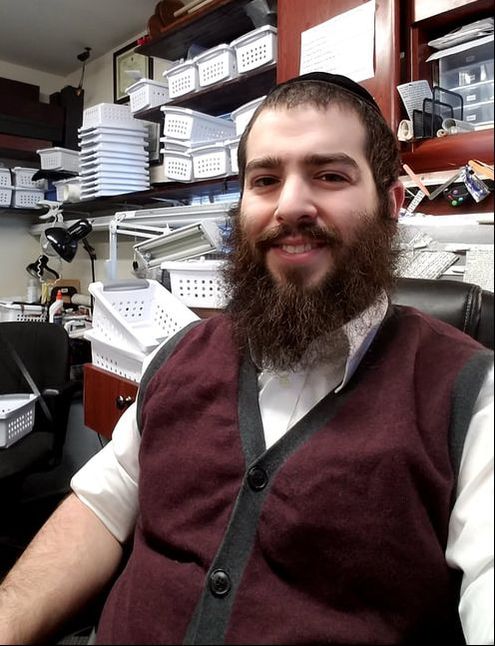

 RSS Feed
RSS Feed




